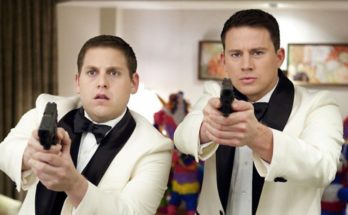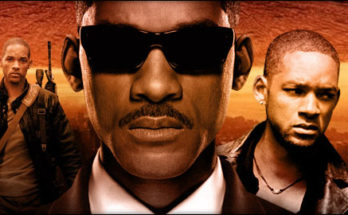Hugo begins as any good children’s fantasy film should, with colorful characters that populate a vibrant world and young protagonists who attempt to unravel a magical mystery. Once the revelatory clue is revealed, however, the magic disappears and we’re left with what feels like a lengthy history lesson rather than a real adventure. Up until the puzzlement trades its fictional roots for factual ones, anything is possible and the sense of wonder and excitement remains alive. Too bad the enigma is solved so quickly.
When his clockmaker father (Jude Law) is killed in a fire, young Hugo Cabret (Asa Butterfield) is sent to a Paris train station to tend to the clocks with his Uncle Claude (Ray Winstone). Left on his own when his drunken guardian wanders off, Hugo continues to maintain the machinery while simultaneously avoiding the ill-tempered station inspector (Sacha Baron Cohen) and working intently on restoring a mysterious automaton that his father once strived to repair. When a miserly old toymaker (Ben Kingsley) catches Hugo stealing parts from him, he forces the boy to work in his shop to repay the debt. It’s there that he meets Isabelle (Chloe Grace Moretz), a young girl with an appetite for adventure – who also happens to possess the last piece Hugo needs to reanimate his automaton and begin an amazing journey of discovery and remembrance.
The characters themselves clash with the story as it progresses from quirky enchantment to emotional self-revelation. The primarily comic-relief driven inhabitants of the train station seem worlds apart from the bitter old toymaker and his buried past. Sacha Baron Cohen’s bumbling official feels at home in the bustling madness and slapstick-prone escapades of chasing orphans through busy terminals, but once the shift to pseudo-biopic is made, such creations no longer match the more somber tone. Cohen is the lone delight that belongs in a better movie – one that can utilize his portrayal of a nemesis that is clearly conflicted, is even given a love interest, and inevitably evolves into a new and improved human being.
Too caught up in his passion for film history, director Martin Scorsese forgot to tell an engaging story. He chose excellent source material, with built in references and fictionalized embellishments of the origins of moviemaking, but the heartfelt family-friendly plot is overshadowed by the educational exercise he’s pushing. Bits of the enchantment of the award-winning Brian Selznick novel poke through the clutter, but aside from a few fractured scenes and loveable characters, the purpose and morals of the story are too confrontational to be poignant.
On the bright side, the picture is visually stunning. The steam-filled sets, teeming with gears, gadgetries and gewgaw (reminiscent of City of Ember) perfectly compliment the intricate cinematography, sweeping camera movements, and authentically constructed 1930s locations and costumes (along with the vertiginous clock tower, like that found at the climax of The Great Mouse Detective). The acting is solid, the child stars appropriately entertaining (Chloe Grace Moretz is of the unusually smart crowd, but never crosses over to annoyingly cliché), and the music by Howard Shore magnificently booming. But the grand mystery that is supposed to be the glue of the plot is only interesting during the first half, until the big reveal arrives – from there, the wonder vanishes, betraying a rather dull tale of broken machines, broken people, and the destiny of a child to fix them.



